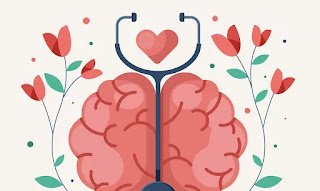Digital AI Operations: Could Healthcare Benefit?

This week I watched this video on WSJ: https://www.wsj.com/video/series/travel-guides/how-ai-is-transforming-air-traffic-control-towers/1E2C984E-F047-47F7-B1AB-1F7D1104F9E1?mod=Searchresults_pos15&page=1 The video shows how digital AI traffic control towers are changing operations at Heathrow Airport in London. The system is powered by algorithms that identifies plans and then overlay satellite information, and can function in clouds or even "see through" buildings, improvements over human air traffic control skills. This made me think about what other operations could be improved and made more efficient using AI. I work in healthcare, and one area of inefficiency is the process of consulting specialists for a patient. Currently, it works like this: The patient's primary team identifies a problem that they don't have the knowledge or skills to address (a mental health need, an infection, etc.) The primary team identifies the best specialist service to consult ...


